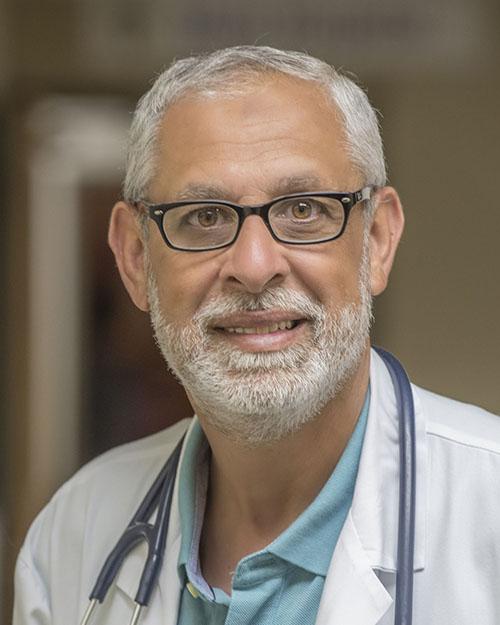Family Cancer Risk Program advises breast cancer patients on genetic testing
October 30, 2019
This article was reviewed by our Baystate Health team to ensure medical accuracy.
 Mary-Alice Abbott, MD
View Profile
Mary-Alice Abbott, MD
View Profile

Health & Wellness Tips
Related Articles
-
Health Article
![Over-the-Counter Birth Control Pills-What You Need to Know]()
Over-the-Counter Birth Control Pills: What You Need to Know
-
Health Article
![Make your 2023 New Years Resolutions]()
5 Achievable 2024 Health-Related New Year's Resolutions
-
Health Article
![feet in socks by a winter fire]()
Health Tips for the Holidays: Strategies to Stay Fit and Jolly
-
Health Article
![a woman discussing pancreatic cysts with her doctor, waiting for an MRI scan]()
Are Pancreatic Cysts Dangerous? Do They Cause Pancreatic Cancer?
-
Health Article
![When to Get a Flu Shot]()
When to Get a Flu Shot, According to Experts
-
Health Article
![What Are Fibroids_ Treatments and Options for This Common Issue]()
What Are Fibroids? Treatments and Options for This Common Issue
-
Health Article
![How to Prevent Holiday Heart Syndrome]()
Holiday Heart Syndrome: Knowing the signs could save a life
-
Health Article
![a child and her mother at the pediatrician getting a check-up]()
Childhood Cancer Signs and Symptoms Explained by a Pediatrician
-
Health Article
![Children's Hospital facility dog Isabela posing with her green vest on]()
How Isabela the Facility Dog Supports Patient Care
-
Health Article
![a woman in a plain white tshirt conducting a breast self exam in a mirror]()
Signs of Breast Cancer (That Aren't Lumps): Skin & Nipple Changes
Back to Top











